Tech News: Is VR All It's Really Cracked Up to Be?
Virtual reality has been hyped as the next great tech revolution backed by many potential use cases but so far it hasn't caught on like developers had hoped it would. Applications in VR enable mind expanding experiences and contain a lot of entertainment value but may not become commonplace in society. I've written articles in the past about VR and its potential to transform the way we interact socially or rehabilitation methods used by high end hospitals but I think it may be time to look at the topic from another perspective. Is it really all that it is hyped up to be? What are its flaws and what possible reasons may there be for it not living up to all its hype. So, without further delay lets dig into the matter and see what can be learned. I guess its best to start at the beginning. So what exactly is VR and how can it be described? It is commonly understood that VR is : The use of computer technology to create a simulated environment. Unlike traditional user interfaces, VR places the user inside an experience. Instead of viewing a screen in front of them, users are immersed and able to interact with 3D worlds. By simulating as many senses as possible, such as vision, hearing, touch, even smell, the computer is transformed into a gatekeeper to this artificial world. The only limits to near-real VR experiences are the availability of content and cheap computing power. Basically it is computer technology designed to alter the state of reality for the user. The creation and application of a digital environment to bring about new experiences. VR has the ability to take its user somewhere different and stimulate their senses in an effort to make the experience as real as possible while remaining stationary or possibly moving in a facility containing the equipment necessary to do so. Even if we understand VR or have at least have begun to understand what it is. One has to ask does it really have much value? Why would someone want to experience a virtual reality when reality itself is at their fingertips? What purpose could it possibly serve that reality could not? It is true that VR does serve unique purposes and its application for medical research and rehabilitation is undeniable. In an article published by Forbes entitled 'Virtual Reality: The Alternative To Marijuana And Opioids For Pain Management' I learned that it can be a surprisingly good alternative to the use of pain medication. To be honest this sounds too good to be true and I'm unsure of whether it is true or not. Does the mind really have that much power over the body? According to the article there are many applications for its use in modern hospitals including surgery, rehabilitative medicine, psychiatry, and psychology. One of the most common references of VR applications is its use as a “pain-killer”, and is even more relevant today with the ongoing opioid crisis in the United States which has resulted in almost 100 people dying every day due to opioid drug overdoses. In the U.S. alone, 116 million adults struggle with chronic pain at a cost of $635 billion in lost productivity and treatment. In 2012, healthcare providers wrote 259 million prescriptions for painkillers, which is enough for every American adult to have a bottle of pills. I simply have trouble believing that our minds are so powerful that simply being distracted or visually experiencing something pleasant could do wonders to reduce pain... There is a saying, whatever floats your boat. I guess what I mean by this is that what works for some may have no effect on others. There is something called placebo which essentially is the power of the mind to alter a physical state. What if I told you that listening to the sound of river rapids could ease your pain. If you believed me and you tried it, the variable of placebo may actually help your mind to reduce your pain. That is the power of belief. VR has already proved successful in addressing any pain associated with acute procedures, working by distracting the patients. But chronic pain usage is also coming up, and can significantly improve the lives of those living with chronic pain! AppliedVR has eight distraction applications, including games like ‘Feeding Frenzy’ as well as immersive experiences such as ‘Farm Sanctuary’. According to this research, VR has the ability to reduce acute pain and has also proven useful in addressing chronic pain. I never wish pain upon myself or anyone for that matter and I don't have enough information at this point to validate or invalidate these findings. I guess time will tell... Beyond assisting in medical applications VR has been touted for helping people to live healthier and happier lives. What other applications does it have for people that just want to have a good time? Where can one go about getting a VR headset? I want to play, who do I have to pay? According to a research report published by Marxant Labs, it seems the main companies with their finger on the pulse of this industry with VR products for sale include: Oculus Rift, Oculus VR and Facebook. After Facebook bought Oculus in 2014, social experiences via VR became an additional priority for the company. With their more recent acquisition of Surreal Vision, a 3D scene reconstruction research group from England, Oculus is poised to bring telepresence to the VR headset. While two versions of Oculus headsets have already been released to developers, with a third on the way, the customer version is set to be released in early 2016. So let me get this straight, Oculus did such a great job in producing and marketing their VR product that the big whale Facebook decided to swallow them whole? Yep, that's about right. Isn't this rapant capitalism trying to promote a trend and get people excited about a technology that could very well be obsolete ten years from now? Possibly. It is however interesting how they are directing their new acquisition towards the specialty niche of social experiences with VR. This means that we may all be meeting for high tea on Facebook's platform via our Facebook VR headsets. Stay tuned for that exciting development... I don't know about you but I like living in the real world. I don't play games every waking hour of my day. I like real experiences. Does that make me a freak of modern society? Possibly. Don't despair if you aren't a Facebook fan either because there are a lot of other players in the game that would love to take your money in exchange for a cool VR rig! There are options like the Microsoft HoloLens, Sony’s Project Morpheus and the Vive by Valve. All of these systems show a lot of potential and will keep a competitive industry even more competitive. So now we've established the purpose of VR, some of its medical applications and the major players currently developing and selling systems. So what about the cool side of VR? What kind of fun is there to be had with current systems? Apparently there is a company called 'The Void' looking to expand to new markets. The company has developed a few amazing and elaborate virtual reality productions based on Ghostbusters and Star Wars. The Utah-based company recently announced that it’s opening “experience centers” in Atlanta, Georgia; Austin, Texas; Dallas, Texas; Hollywood, California; Minneapolis, Minnesota; New York City; Philadelphia, Pennsylvania; Santa Monica, California; and Washington, DC. So not only is VR in people's homes but is steadily becoming an arcade phenomenon replacing traditional arcade games with new more exciting virtual experiences to be had. Alternately another company is battling it out with The Void. Dave & Buster’s plans on installing more than 500 HTC Vive VR headsets in its arcades across the US and Canada this month in a subtle acknowledgment that maybe arcades have nothing better to offer than a VR experience in 2018. The headsets will show up on June 14th and will be paired with a “participant motion platform,” which means players will be thrust around. Because this headset inclusion is the result of a partnership between Dave & Buster’s and HTC, the arcade company says it plans to announce exclusive content, although it hasn’t provided any specifics. If you have seen a new movie just to hit the silver screens called 'Ready Player 1' a really cool technology is shown off that is almost ready in real life. The omnidirectional treadmill. With this device, you will be able to run jump and do all sorts of things that require movement while creating a deeper sensation of actually being in virtual reality rather than a vague illusion that the mind has trouble believing. The Strider VR has an omnidirectional treadmill design, that uses a rotatable ball array positioned above a traditional linear treadmill. By adding the combination of with a Microsoft Kinect 2 sensor the system is actually able to provide a sort of 'Ready Player 1' experience. The Strider VR concept is an interesting one, as it combines full-body tracking and unrestricted walking using a fairly simple mechanical solution, but the execution appears to have some drawbacks. One of the main challenges of this type of hardware is the interpretation of virtual movement. The system has to provide responsive virtual movement (based on what your legs are doing) while not misinterpreting the corrective ‘recentering’ motions as inputs, which could be particularly difficult in this case as it relies heavily on Kinect’s motion tracking. Basically what this is saying is that Strider VR is very cool but still has a lot of bugs to be worked out. In addition, software needs to be improved to match movement seemlessly. So don't get too excited yet, there is still a lot more work that needs to be done to make this thing perfect. It may never be perfected and assuming they could perfect it would people really feel this was a necessity in their home? These questions must be asked and the answers must align with yes if VR is truly going to catch on. Based on all the research I've presented above, there is a lot to learn about VR systems currently on the market and those currently being developed. VR has come a long way in a short time but that still doesn't mean it is here to stay. The applications are all over the place and VR could be an important tool to help people fix psychological problems, alleviate pain and help people relax. But so could a walk in the park, healthy diets and exercise. The verdict is still out. Don't get me wrong, I still see potential in this growing industry and I'm interested to see where it all goes but I'm still not sold either. Have you experienced VR? What was it like? Do you know anyone that has received medical treatment through the use of VR? What do you expect future VR systems to allow us to explore? Do you think VR will become a mainstream necessity or will it remain a quirky toy for rich people? Thanks for reading. Authored by: @techblogger In-text citations sources: "Cloning horror: Human clone fears as Euro scientists CREATE LIFE from ‘nothing’" - Express "These puppies might be Maryland's first cloned dogs" - Baltimore Sun "What is Virtual Reality? [Definition and Examples]" - Marxent "Virtual Reality: The Alternative To Marijuana And Opioids For Pain Management" - Forbes "The Void is opening nine new VR centers in Austin, Philadelphia, and other US cities" - The Verge "Dave & Buster’s is building HTC Vive-equipped VR arcades" - The Verge Image Sources: Express Baltimore Sun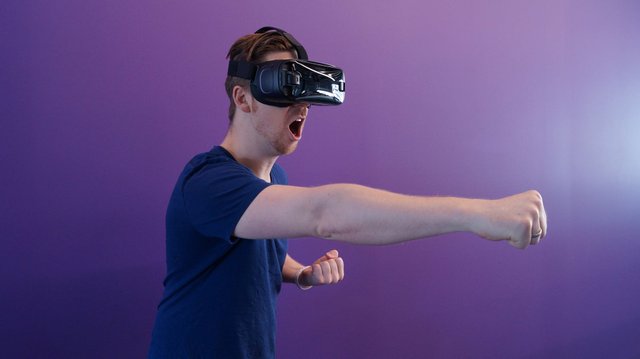
Image Source: Pexels



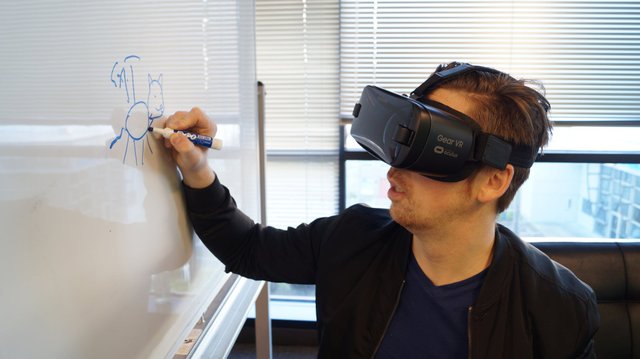



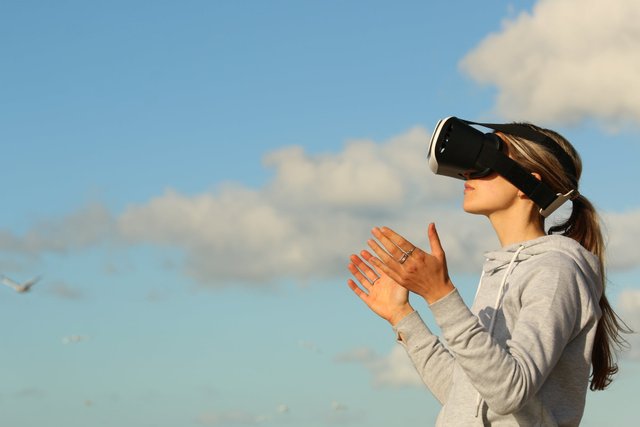
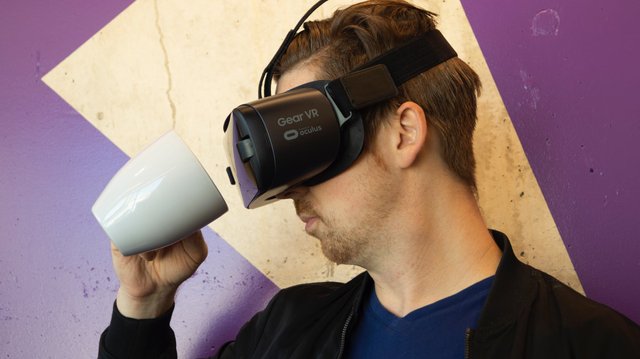
Great article and I think you cover some use cases. For medicine, there are quite a few others; the examples you list aren't the most compelling, though they do show where VR can be applied. However, what VR may not be able to do in medicine, it will be able to do in education, and I'm not talking about universities, which are usually the last to pick up a trend. VR will have a big impact on education, as it allows for simulations in learning that feel real to some of the senses (eyes and ears).
People working on VR should consider security (see examples listed in the article) and they should also be cautious about using any VR that puts their phone near their head. Those signals may not be safe.
Hello! Your post has been resteemed and upvoted by @ilovecoding because we love coding! Keep up good work! Consider upvoting this comment to support the @ilovecoding and increase your future rewards! ^_^ Steem On!
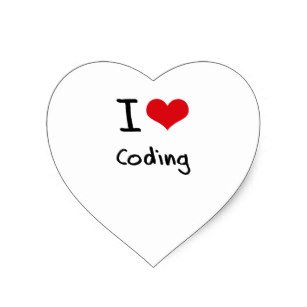
Reply !stop to disable the comment. Thanks!
To listen to the audio version of this article click on the play image.

Brought to you by @tts. If you find it useful please consider upvoting this reply.